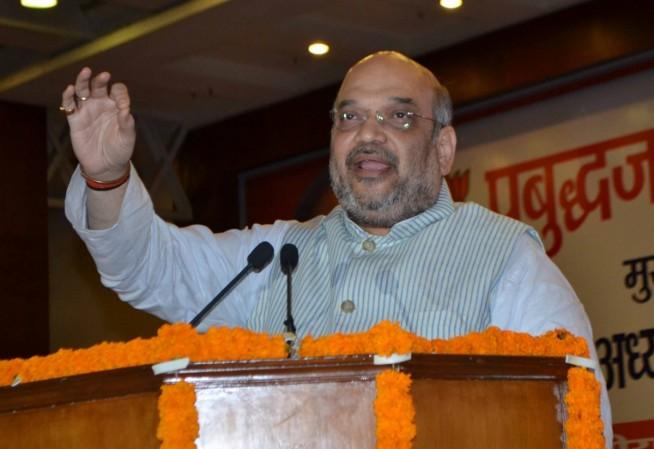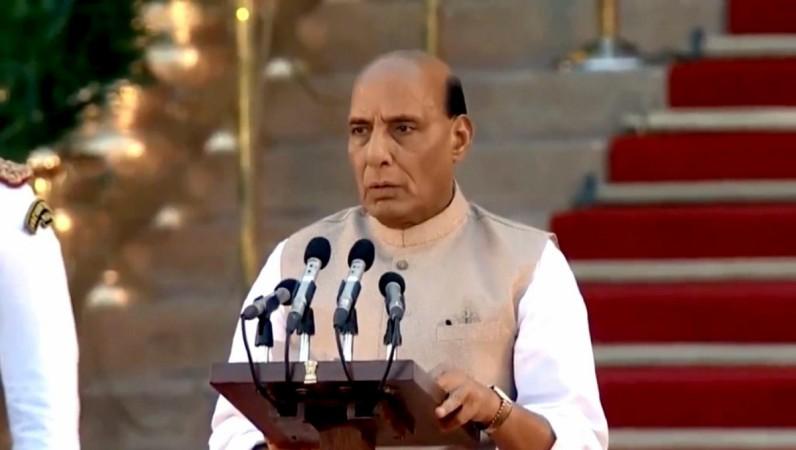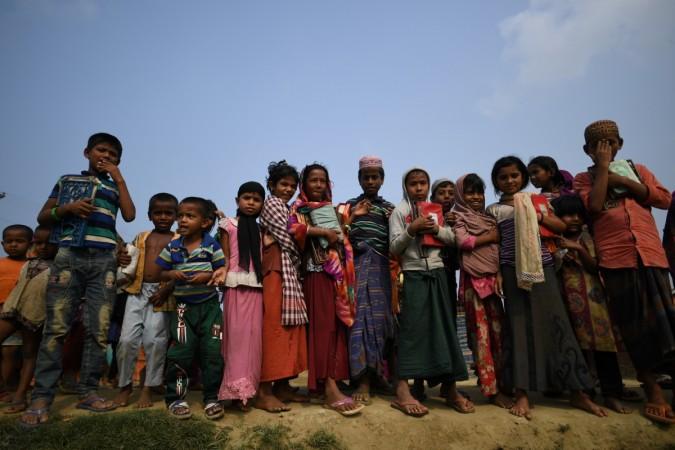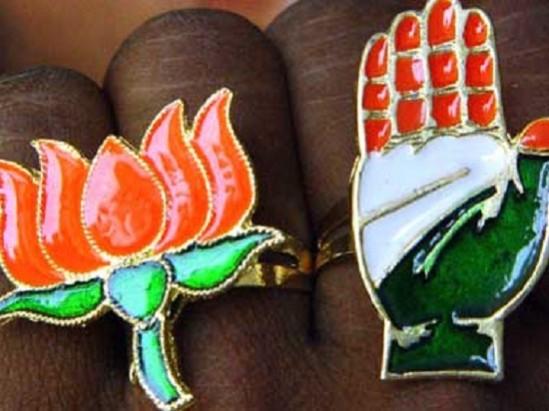In a key union cabinet meeting on Wednesday, December 4, highly anticipated Citizenship (Amendment) Bill, 2019 was given a nod. The bill that seeks to provide Indian nationality to Hindus, Christians, Sikhs, Parsis, Jains and Buddhists fleeing persecution from Pakistan, Afghanistan and Bangladesh has been cleared by the cabinet. The bill is all set to be tabled in the parliament next week.

What is the Citizenship (Amendment) Bill?
The Citizenship (Amendment) Bill seeks to amend the Citizenship Act, 1955 to make Hindu, Sikh, Buddhist, Jain, Parsi, and Christian illegal migrants from Afghanistan, Bangladesh, and Pakistan, eligible for citizenship of India.
Highlights of the Citizenship (Amendment) Bill
- Granting nationality to non-Muslim immigrants from neighbouring countries.
- The Citizenship Act, 1955, one of the requirements for citizenship was that the applicant must have resided in India in the last 12 months, as well as for 11 of the previous 14 years.
- Now the amendment relaxes the second requirement — from 11 years to six years.
- Provides that the registration of Overseas Citizen of India (OCI) cardholders may be cancelled if they violate any law.
What happened with the Bill in 2016?

The Citizenship (Amendment) Bill, 2016 was introduced in Lok Sabha by the Minister of Home Affairs, Rajnath Singh, on July 19, 2016. The Bill seeks to amend the Citizenship Act, 1955. The BJP-led NDA government had introduced the bill in its previous tenure but could not push it through due to vehement protests by opposition parties.
The bill had lapsed following the dissolution of the last Lok Sabha. It will now have to be passed by both Houses of the parliament in order to become a law. There has been strong opposition to the bill in Assam and other northeastern states.
Key issues of the bill
- The Bill makes illegal migrants eligible for citizenship on the basis of religion. This may violate Article 14 of the Constitution which guarantees the right to equality.
- The Bill allows the cancellation of OCI registration for violation of any law. This is a wide ground that may cover a range of violations, including minor offences (eg. parking in a no-parking zone).
Who are classified as illegal immigrants?
The Act prohibits illegal migrants from acquiring Indian citizenship. It defines an illegal migrant as a foreigner:
- Who enters India without a valid passport or travel documents,
- Stays beyond the permitted time.

People who are NOT illegal immigrants
The Bill amends the Act to provide that the following groups of persons will not be treated as illegal migrants:
- Hindus, Sikhs, Buddhists, Jains, Parsis and Christians from Afghanistan, Bangladesh and Pakistan
- Who have been exempted from provisions of the Passport (Entry into India) Act, 1920, and the Foreigners Act, 1946 by the central government.
- The 1920 Act mandates foreigners to carry passport, while the1946 Act regulates the entry and departure of foreigners in India.
Who can apply for citizenship by naturalisation?
The Act allows a person to apply for citizenship by naturalisation, if the person meets certain qualifications like:
- The person must have resided in India or been in service of the central government for at least 11 years before applying for citizenship.
- The Bill creates an exception for Hindus, Sikhs, Buddhists, Jains, Parsis and Christians from Afghanistan, Bangladesh and Pakistan, with regard to this qualification.
- For these groups of persons, the 11 years' requirement will be reduced to six years.
Grounds for cancellation of registration of OCIs
The Act provides that the central government may cancel registration of OCIs (Overseas Citizens of India) on certain grounds. These include:
- If the OCI has registered through fraud
- within five years of registration has been sentenced to imprisonment for two years or more, or
- It becomes necessary in the interest of sovereignty and security of India, etc. The Bill adds one more ground for cancelling the registration, that is if the OCI has violated any law that is in force in the country.
Controversies faced by the Bill

Protests in Assam, other Northeast states
Conflict with Assam Accord: The Accord was signed to protect the social, cultural, and linguistic identity of the Assamese people. It states that foreigners who have entered Assam from Bangladesh after March 25, 1971, will be detected and expelled. The Committee noted that there may be cases under the Accord related to persons belonging to the minority communities.
However, they would be deemed as legal migrants on the enactment of the Bill. Therefore, the Committee recommended that an additional provision should be added to state that any proceedings under the Accord against a person belonging to the minority communities should be withdrawn. Further, such persons should be eligible to apply for naturalisation.
Bill attacked by opposition & minority outfits

The Bill, which amends the Citizenship Act, 1955, to make illegal migrants in select categories eligible for citizenship, has been attacked by the opposition, minority outfits and others for leaving out Muslims. It has also been opposed on the ground that it is at odds with the Constitution, which does not differentiate between citizens on the basis of their faith.
The Bill has been opposed vehemently by opposition parties like Congress, Trinamool, DMK, Samajwadi Party, RJD, the Left and even regional parties like BJD have expressed reservations.

















